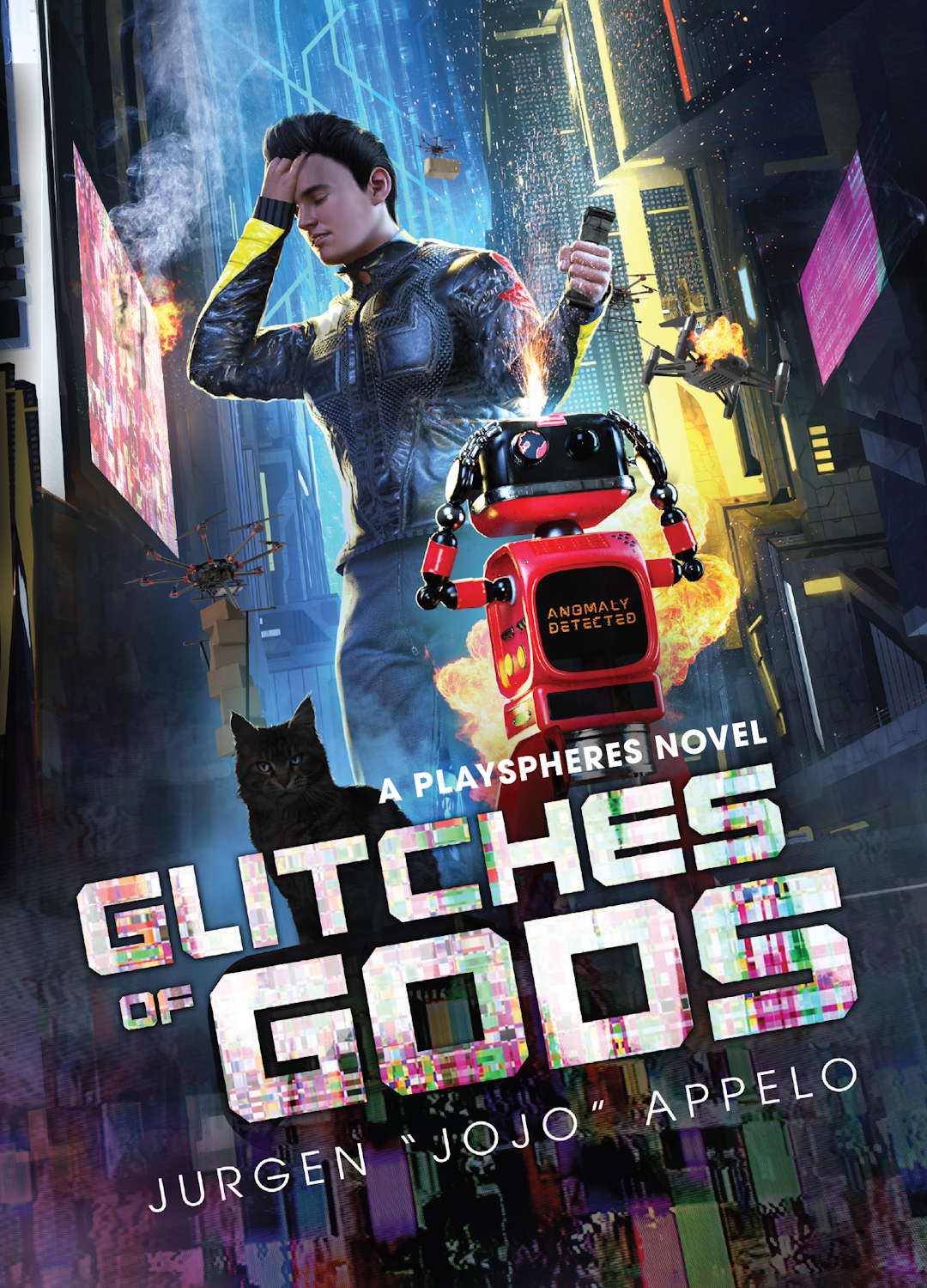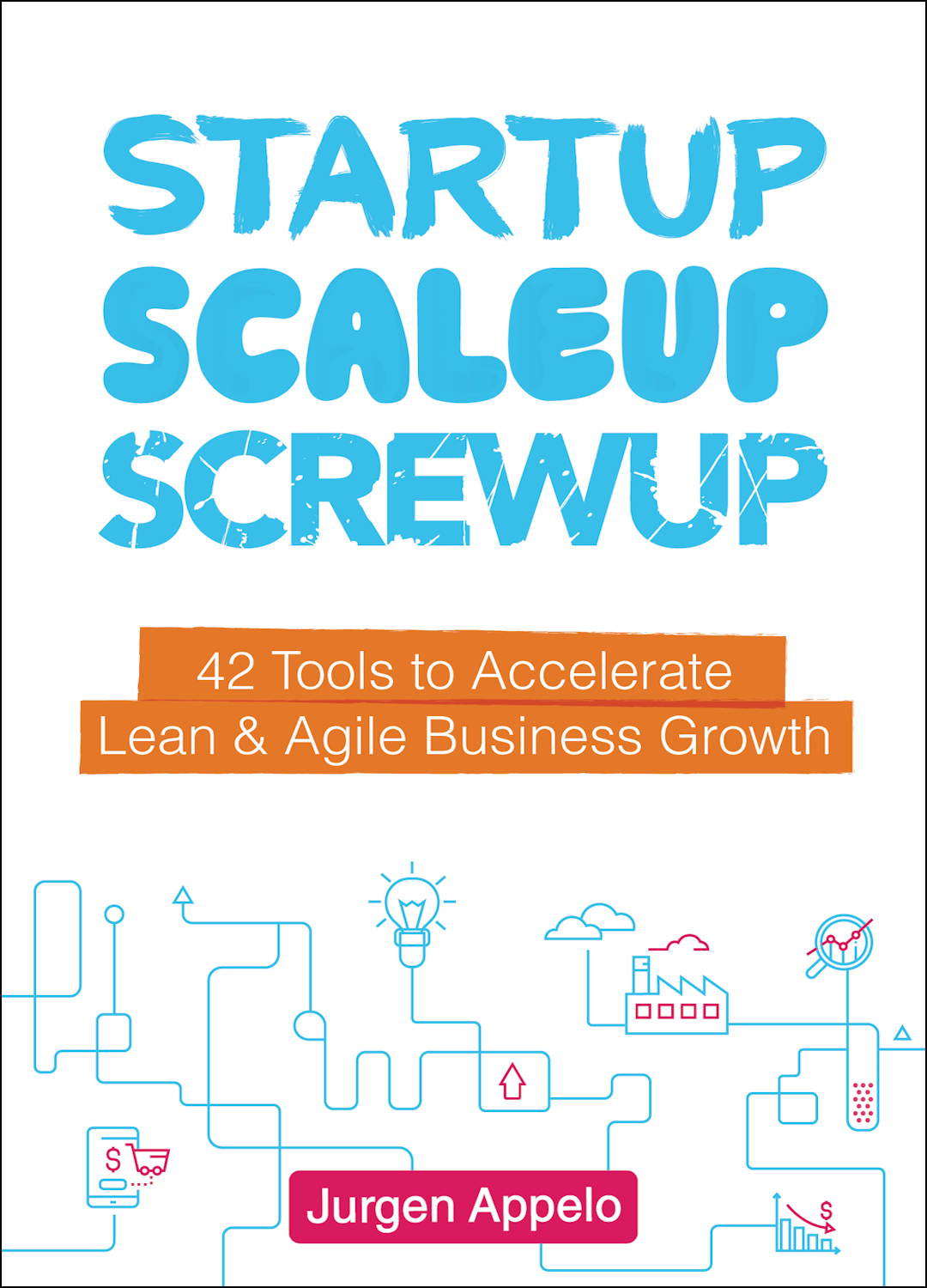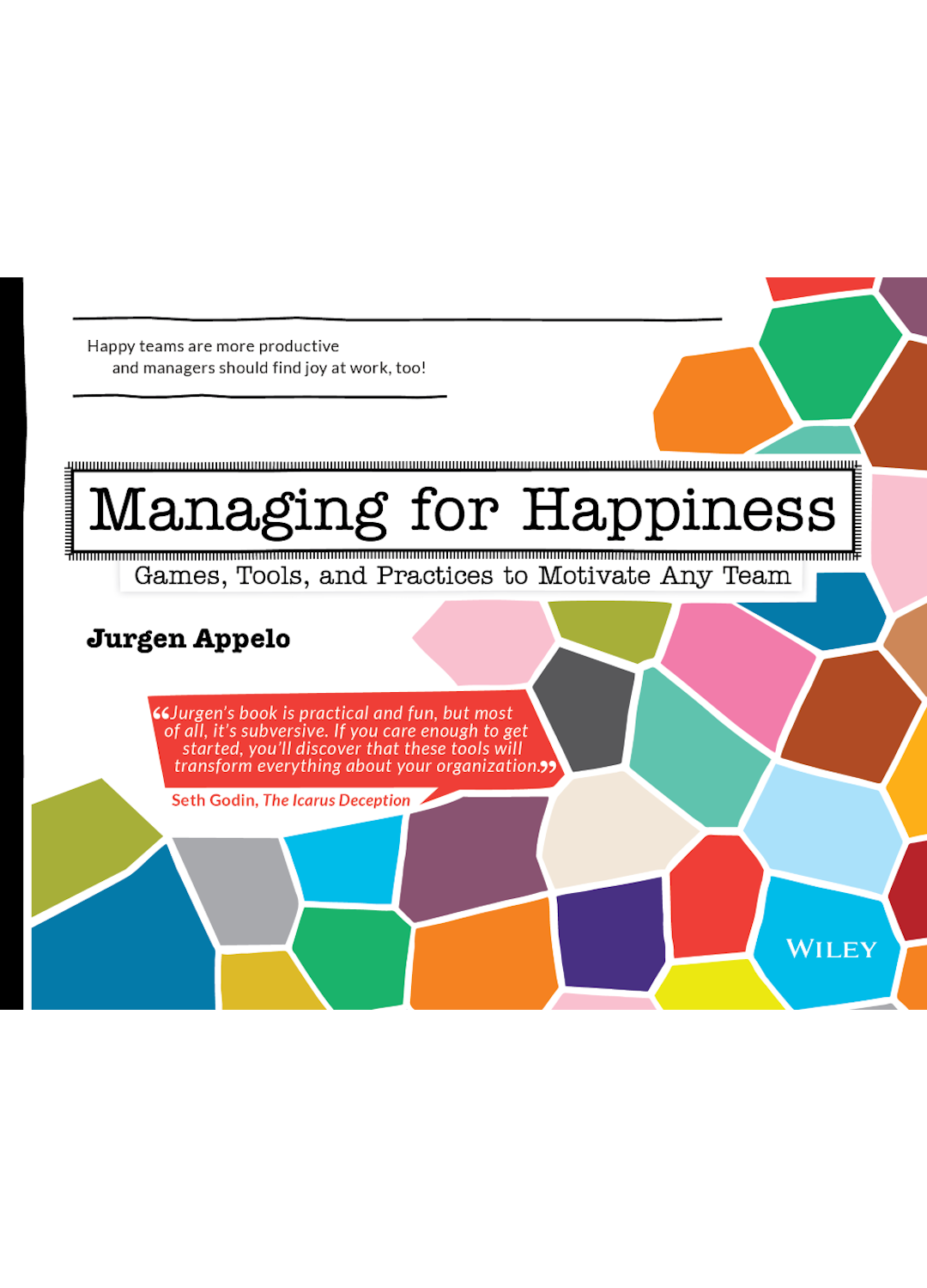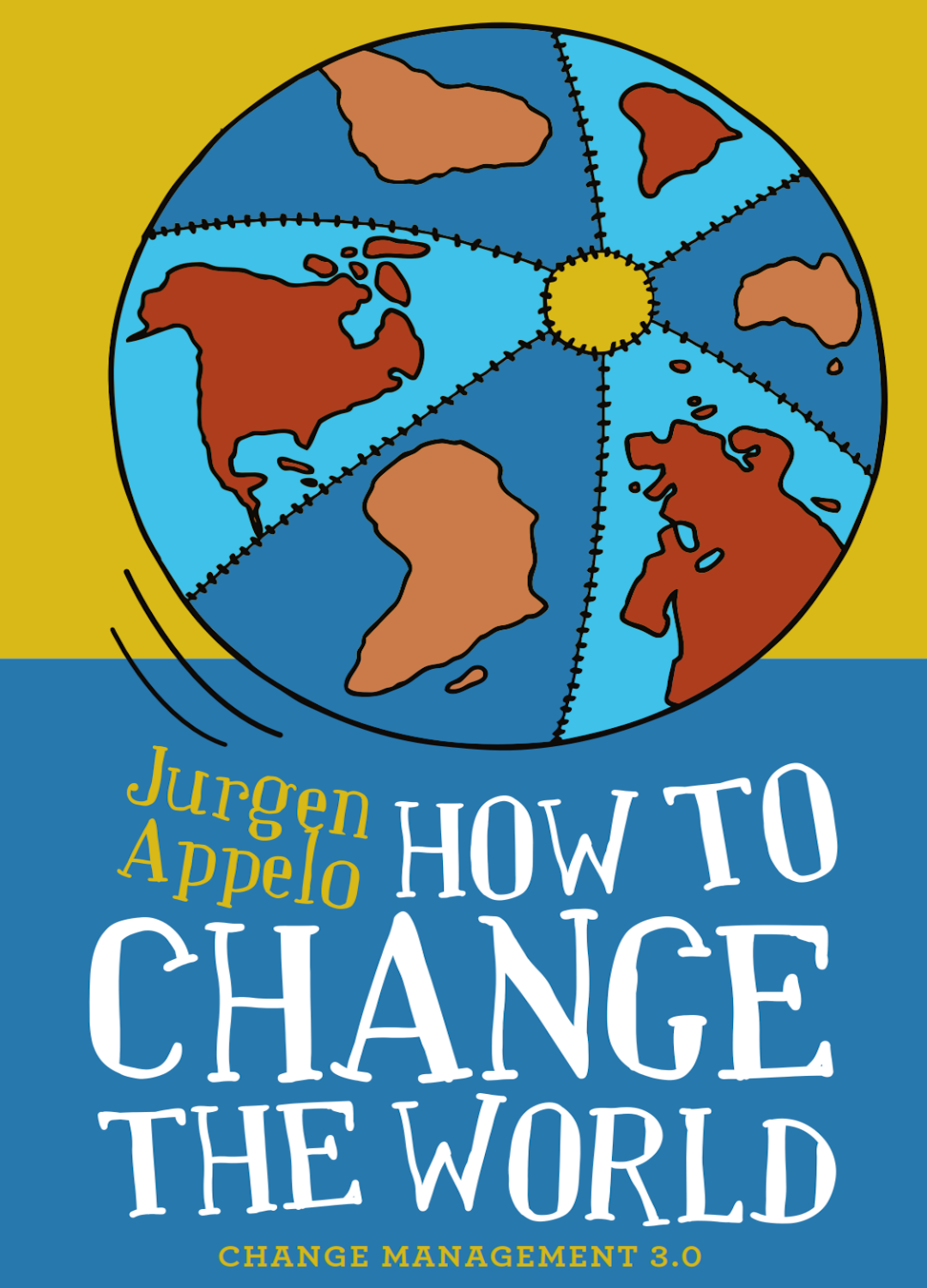Mention “AI” in a fiction writing group on Facebook, and you might as well don your battle armor. Nothing gets under the skin of “serious” writers more than the idea that they’re draining the lifeblood of creativity from their craft. Even hinting that, in some scenarios, artificial intelligence can be incredibly handy is enough to spark a tirade against soulless, machine-generated prose. But I’ve decided not to expend my energy on those endless online spats.
I’d rather share my perspective here with my newsletter readers.
AI can be a godsend for the tasks we dread, the ones we need a little help with, and the ones we’d prefer to hand off to a personal assistant (if we had one).
For instance, as the author of Glitches of Gods, I sometimes receive interview questions for blog posts. Some are fascinating, like, “Why did you mix sci-fi with fantasy?” or “What’s your daily writing process?” Others, though, are mundane. “Can you introduce the main character?” and “Can you summarize the story in one paragraph?” come to mind.
<< Read my recent interview with Book Nerdection >>
Thankfully, AI saves me from these snooze-fest questions. I delegate these to ChatGPT. I uploaded my entire novel and turned it into a private Glitches of Gods GPT. Now, I can ask it anything about the book, like, “What color are Julien’s eyes?” “What are the differences across the timelines?” and “What are the main themes in the novel?” It’s like having a digital assistant ready to tackle any query about my novel. This frees me up to focus on the more engaging questions.
And when I get to the fun questions, ChatGPT lends me yet another hand. First, I jot down the key points in complete sentences without fussing over grammar or style. Then, I hand the draft over to a second GPT: my Literary Stylist GPT. This one knows my writing style inside and out (because I fed it a batch of my writing samples). It can rewrite any text in my voice. After it tweaks the draft to match my style, I give it a final review to iron out any last wrinkles and make sure it really is me. (And as an extra step, I run the entire text through Grammarly, which is yet another AI.)
With my Glitches of Gods GPT and Literary Stylist GPT, I’ve reduced the time to answer interview questions from two hours to thirty minutes. That gives me an extra hour and a half to do what I love most: working on the characters and plot of Wisdom at War, my second novel. In my opinion, that’s a great thing.
AI isn’t inherently good or evil. It’s what we do with it that counts.
To be clear, I don’t use AI to write my novels. Creative writing is the part I love doing most! If, like my first novel, the second one also garners a 4.7 average rating from readers, I want to know I earned that rating myself, not my GPTs. I want to focus my time on the art of writing. For all other forms of writing, I work with a team of digital assistants.
Would you agree? I would love to know your take on this.
Jurgen
P.S. This newsletter also started as a quick draft and was polished by my Literary Stylist to make it a more enjoyable read. Without it, these newsletters would take me two or three times longer to write, meaning they’d not get written at all, or each newsletter would cause a delay to my next novel. I hope you appreciate the choices I make.















